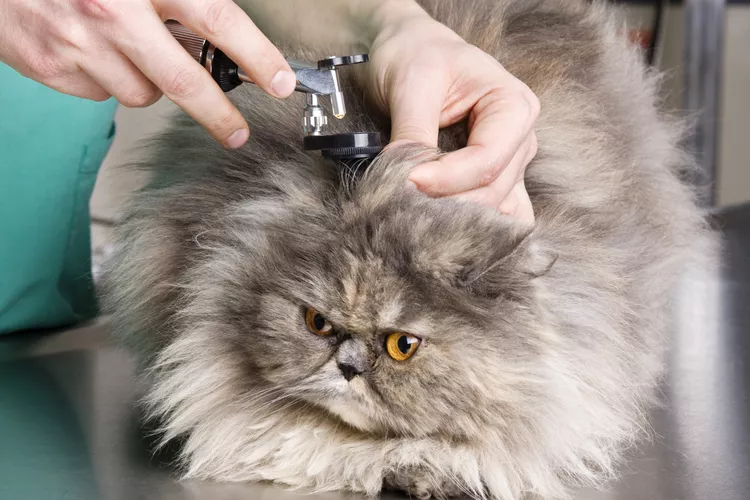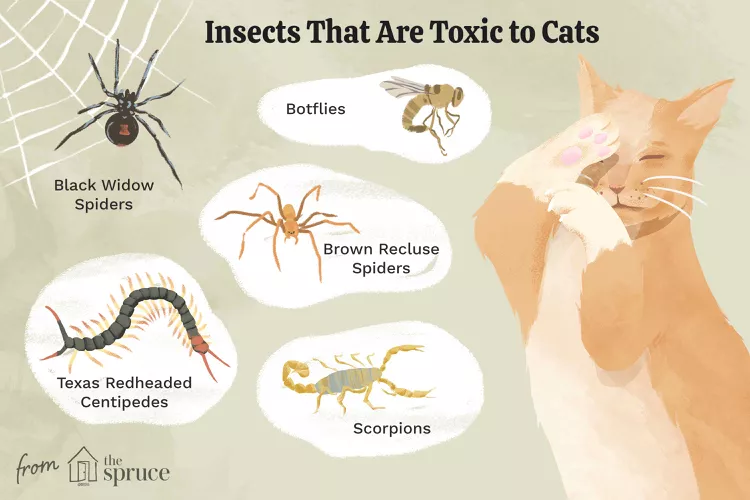
Almonds are a nutritious and satisfying snack for humans, but can dogs eat almonds, too? While almonds are not considered toxic to dogs and a couple likely won’t do any harm, these nuts should be kept away from your pup, says Antje Joslin, DVM.
Here are all the potential risks associated with giving almonds to dogs and what to do if your curious pooch manages to snag a mouthful.
Antje Joslin, DVM, is the co-owner of Tolleson Animal Clinic and Dogtopia veterinary consultant.
Unlike certain human foods like grapes and onions, almonds are not inherently toxic to dogs. However, they’re not a good treat for your pup for a few reasons:
Dogs can’t properly digest the proteins in almonds, Joslin says. While they can likely get away with eating a couple, too many can cause vomiting, diarrhea, gas, and loss of appetite.
The high fat content of almonds is another concern for dogs. Consumption of fatty foods can lead to gastric intestinal distress, causing discomfort, bloating, and potentially more severe complications, such as pancreatitis, Joslin says. Pancreatitis is a serious condition characterized by inflammation of the pancreas, which can result in vomiting, diarrhea, abdominal pain, and, in severe cases, organ failure.
If a dog swallows almonds without adequately chewing them, the almonds could become lodged in their throat or small intestine, leading to choking or an intestinal blockage, Joslin says. This risk is more common in smaller dog breeds, dogs with pre-existing dental issues, and dogs who tend to gulp their food down.
Almonds are often seasoned or flavored with salt, various spices, chocolate, or other additives to enhance their taste. These flavorings can be harmful or—in the case of garlic, onion, and chocolate—even toxic to dogs.
Almonds are not directly toxic to dogs and almond poisoning is uncommon. Still, pet parents need to be cautious and keep their dogs away from this nut. The amount of unflavored almonds it would take to cause problems for a dog depends on their size and individual sensitivity. If a Great Dane eats a few plain almonds, they likely won’t experience any negative effects. But the same amount of almonds could affect smaller breeds, like pugs and Chihuahuas.
Signs that your dog is being negatively affected by almonds may include:
You should contact your veterinarian ASAP or take your dog to an emergency vet clinic if:
“A veterinarian may induce vomiting if a large quantity of almonds was recently consumed,” says Joslin. They may also provide supportive care for gastrointestinal illness, such as IV fluids, antiemetics, and pain management, she adds. Never induce vomiting at home unless specifically instructed by your vet.
You can also call the ASPCA Animal Poison Control Center at (888) 426-4435 for advice. Note that a consultation fee may apply.
It’s best to avoid feeding almonds to dogs altogether due to the potential risks. However, if you still wish to offer almonds to your canine companion or they snag some from your snack bowl, it’s crucial to follow these guidelines to minimize the risk of adverse effects:
What about almond butter or almond milk? Almond butter carries the same risks as almonds (minus the choking risk) and should not be given to dogs (although a tiny taste here and there likely won't have a negative effect). Almond milk is safe to give occasionally in small amounts, Joslin says. But really, there's no need to purposefully share almonds with your dog.
Unlike humans, dogs don’t get nutritional benefits from almonds. Plus, they can cause your pup harm. Instead of almonds, it’s best to offer your dog treats that are safe and nutritious for them. Here are some options your dog will go nuts for:

Tetanus in Dogs
Tetanus is an infection caused by bacteria found in soil. It can cause severe symptoms in dogs and even lead to death if not treated promptly.
8 Common Dog Paw Problems
It is important to check your dog’s paws regularly for any issues and take steps to keep them healthy and protected.
Common Injuries in Dogs and How to Treat Them
Learn about the most common injuries in dogs—whether in their legs, spine, tail, or eye—and how you should treat them with this helpful list.
Can Cats Eat Strawberries? How to Safely Share This Summer Berry
Although cats are primarily meat eaters, strawberries may be an interesting and tasty snack for your feline friend. Find out the risks of feeding strawberries to cats and how to safely let your cat enjoy this fruit.
Is Shrimp Bad For Dogs?
Shrimp can be a healthy, nutritional food for people but can dogs eat them, too? What are the main concerns with feeding shrimp to your dog?
Dog Food Basics
Are you feeding your dog the best way possible? Check out these dog feeding tips to keep your dog healthy and happy.
Rhodesian Ridgeback: Dog Breed Characteristics & Care
The Rhodesian ridgeback is a large hunting dog with a high prey drive. Learn about the breed's history, exercise needs, and more.
Berger Picard: Dog Breed Characteristics & Care
The Berger Picard is a French herding dog with a friendly smile and shaggy beard. Learn about its history, health, exercise needs, and more.
Spanish Water Dog: Breed Characteristics & Care
In the hands of an expert owner, the Spanish water dog shines as an active and faithful companion. Learn about its history, training, and more.
Cat Bunting Behavior: What Does It Mean?
Cats rub their heads against prominent objects to leave scent markings as a part of scent communication.
How to Train Your Cat to Stop Urine Marking
Most male (and some female) house cats will mark territory at some point. Learn the causes or cat urine marking and how to prevent this annoying behavior.
7 Reasons Why Cats Love Bathrooms
Why do cats follow you to the bathroom? Many cats—strangely enough—love the bathroom! Find out why cats seem to love bathrooms so much.
Leptospirosis in Cats
Leptospirosis is rare but potentially fatal in cats. Learn the causes, treatment, and prevention.
Ear Infections in Cats
An ear infection must be treated based on the source of irritation, which may be internal or external. Learn the causes, treatment, and prevention.
Insects That Are Toxic to Cats
Can cats eat bugs? Some bugs can cause injury or illness to your cat, while others are relatively harmless.
Testing for Contagious Feline AIDS (FIV)
Cats should be tested for the contagious feline immunodeficiency virus or FIV. Cats that are positive for the virus usually live normal lives.
Why Does My Dog Pee on My Bed?
Is your dog peeing on your bed? Find out why your dog is having urinary accidents on the bed and learn what to do about it—plus how to stop the habit.
Why Almost Any Dog Can Do Agility Training
Why Almost Any Dog Can Do Agility Training
How to Train Your Dog to Shake Paws
Shaking paws is a fun dog trick that most dogs pick up rather quickly Learn how to train your dog to shake in just a few simple steps.
14 Asian Cat Breeds And Their Rich Hiss-tories
Find out more about the cat breeds that originated from Asia. Some breeds include the Persian, Oriental shorthair, and Japanese bobtail.